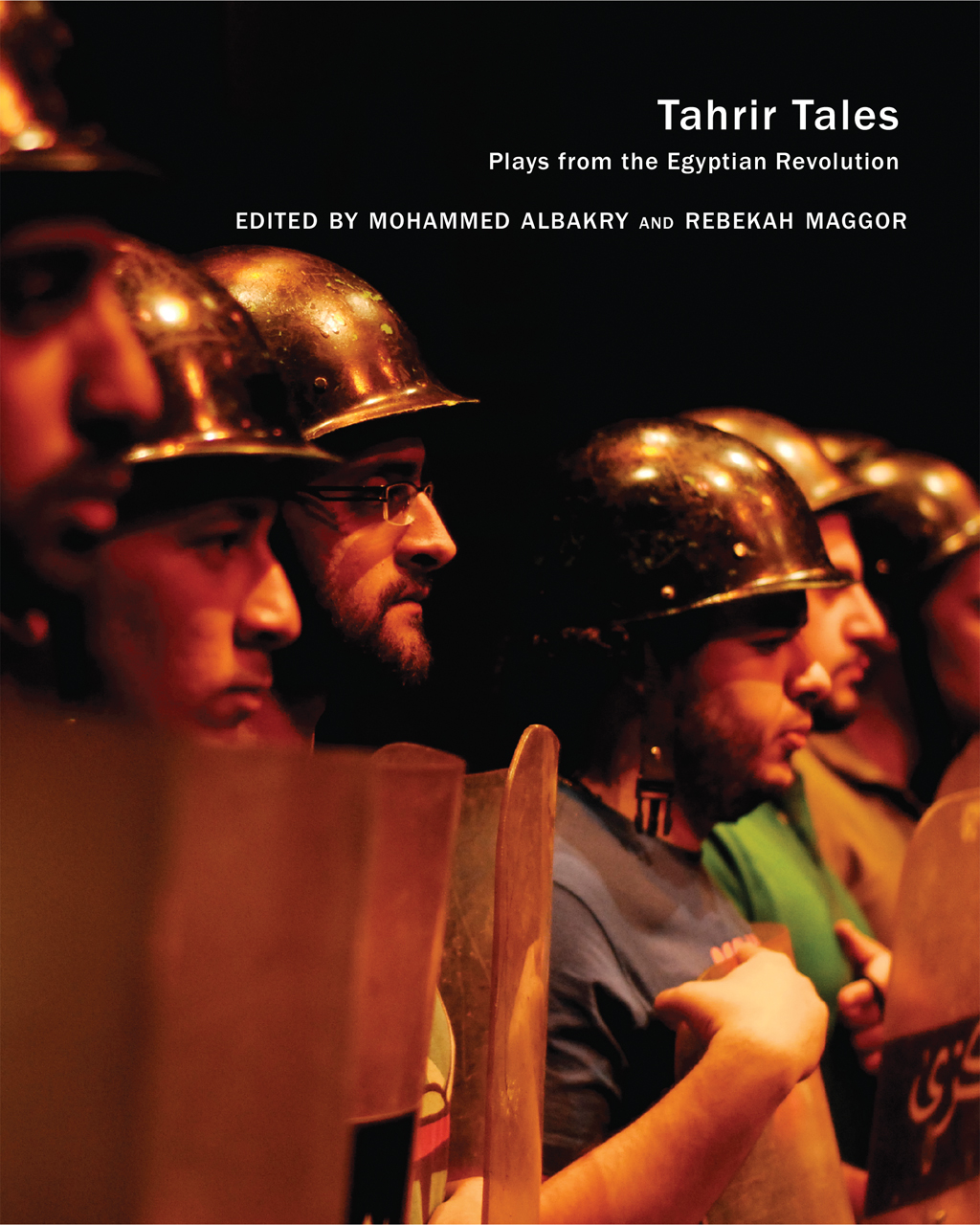On Friday, January 20th come join the members of the UConn community as we stand up for the values of human rights, justice, and solidarity. Together, we will mark the inauguration of the next chapter in American history by embodying the kind of community we aspire to be–inclusive, indivisible, equitable, and democratic–and share the words, poems, thoughts, performances, and insights that will sustain us as we work together.
Our Goal:
To provide a space and time on Inauguration Day for members of the UConn Community to come together, listen to each other, and reflect on the values that make our University ours.
Students, faculty, staff and anyone who considers themselves a part of the UConn community are invited to attend and share a short reading (maybe an excerpt from the Universal Declaration of Human Rights), poem (maybe Langston Hughes’ Let America Be America Again), performance (maybe something like this piece), or story (maybe your story).
Our Goal:
To provide a space and time on Inauguration Day for members of the UConn Community to come together, listen to each other, and reflect on the values that make our University ours.
Students, faculty, staff and anyone who considers themselves a part of the UConn community are invited to attend and share a short reading (maybe an excerpt from the Universal Declaration of Human Rights), poem (maybe Langston Hughes’ Let America Be America Again), performance (maybe something like this piece), or story (maybe your story).
Just keep it short (no more than 5 minutes) and affirming on this day of new beginnings.
How It Works:
Choose your reading/performance (5 minute max)
then
Sign up for a time now
or
Sign up at the event
and
Come to listen, share, and reflect
Fore more information visit the website





